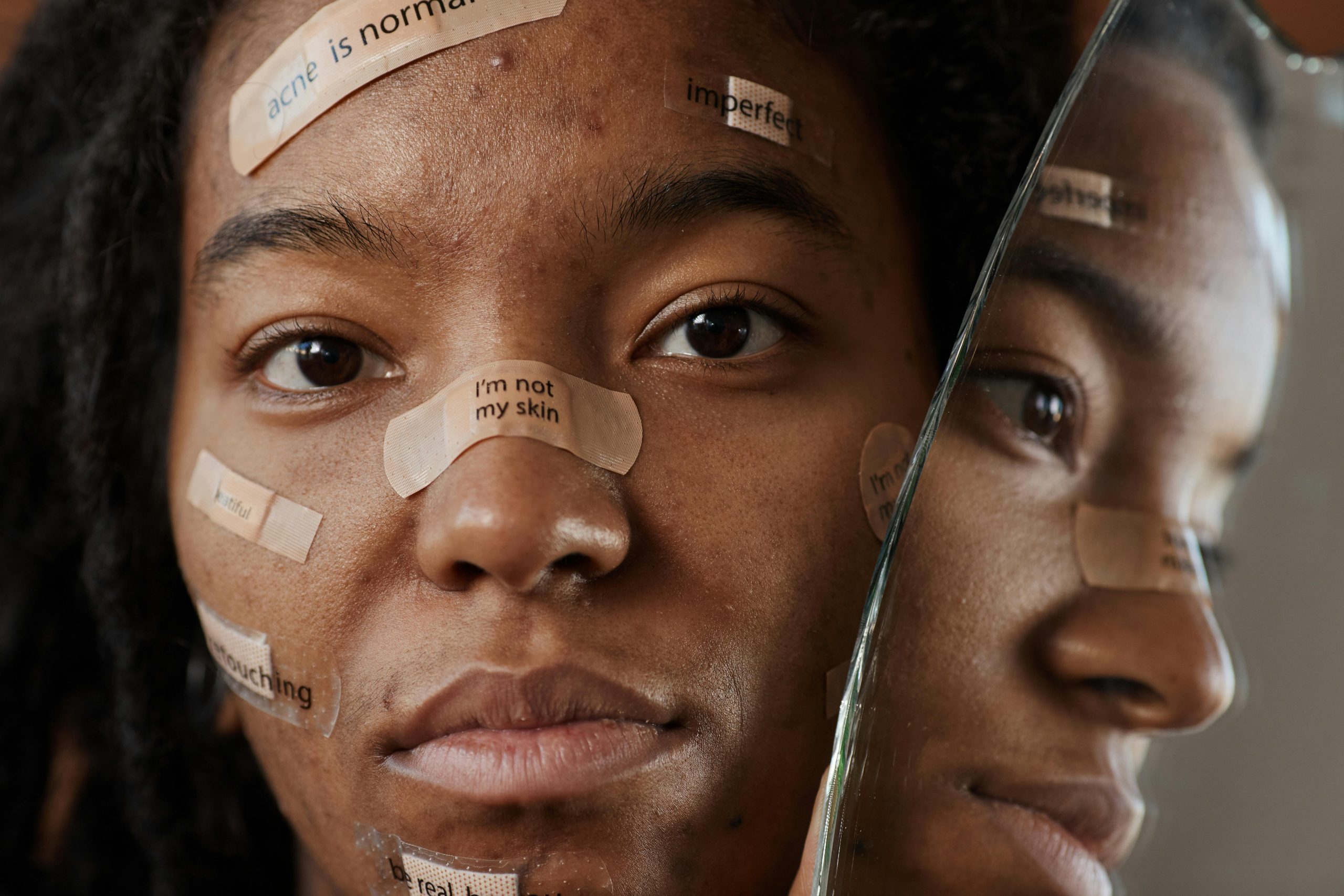Understanding Liability Coverage for Incidents Involving Others’ Vehicles
Navigating insurance claims can be complex, especially when you’re not the one behind the wheel. If you find yourself in a situation where you’ve caused damage to someone else’s car while not driving, it’s important to clarify your coverage and potential liabilities.
Scenario Overview
Imagine a situation where a pedestrian unintentionally damages a parked vehicle. For instance, a bystander causes a significant dent to a truck — in this case, a friend’s vehicle — which requires repairs. The person responsible carries liability insurance through USAA. Naturally, questions arise:
- Will their liability coverage protect them in this scenario?
- Could initiating an inquiry with the insurance provider impact their premium?
Key Considerations
- Does Liability Cover Damage Caused by a Pedestrian?
Liability insurance generally covers damages you cause while operating a vehicle. However, coverage when you’re not driving can vary based on the policy specifics. Typically, if you’re injured or cause damage outside the context of vehicle operation, this may not be covered under standard auto liability.
That said, some policies include or offer optional coverage for accidents involving your actions when not driving, so reviewing your policy details or consulting with your insurer is critical.
- Impact of Questions or Claims on Your Premium
Asking your insurer about coverage options or reporting an incident usually does not negatively affect your premium, especially if no claim is filed. However, if a claim is submitted and paid out, your rates might be reassessed. Transparency and prompt communication with your insurer tend to be the best approach to understand your coverage options without unintended consequences.
Additional Context
In a related, lighter context, a young adult might act impulsively, such as attempting to enter a vehicle through a passenger window and unintentionally causing damage. While humorous in retellings, such actions emphasize the importance of understanding liability and responsible behavior, as well as the scope of insurance protection for various scenarios.
Final Thoughts
Always review your insurance policies carefully and consider reaching out to your provider for detailed explanations. Knowing what is covered and what isn’t can help you manage situations confidently, and prevent misunderstandings when accidents happen.
Remember: insurance policies are nuanced, so professional advice tailored to your circumstances is invaluable.



